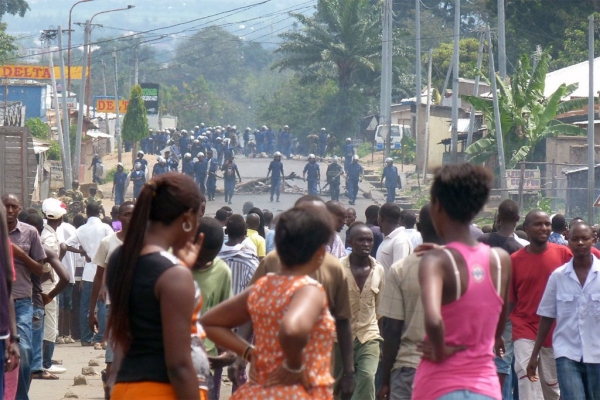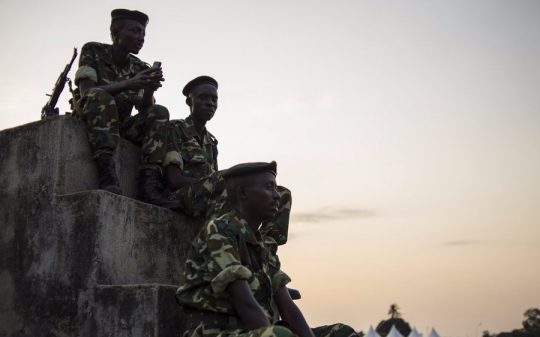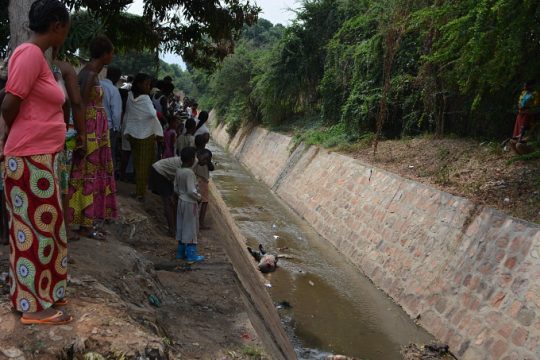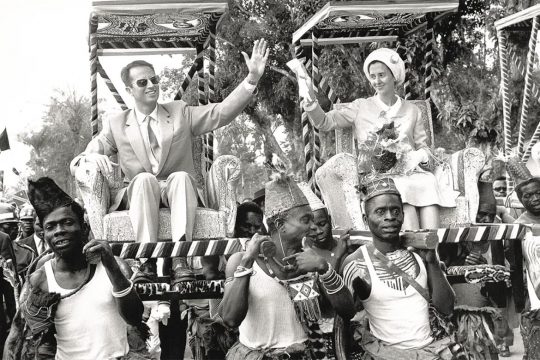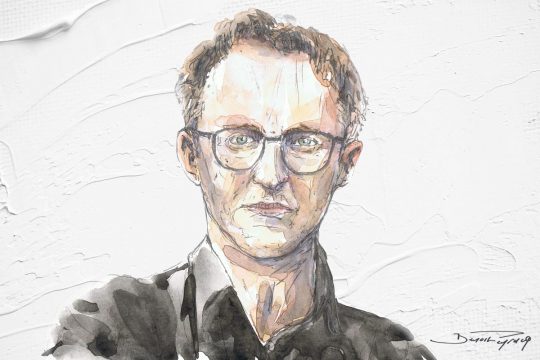The US on Monday slapped sanctions on Burundi's Public Security Minister Alain Guillaume Bunyoni -- the regime's number two -- and three others, linking them to the country's descent into violence. The news came as the government in Bujumbura, which has already closed independent media, announced a “provisional” ban on the main civil society groups in Burundi.
The US action imposes visa restrictions on the four individuals and blocks their US assets, a White House statement said, adding that it was considering similar action against other individuals.
"We call upon all parties in Burundi to reject violence, and we will continue to investigate and impose consequences against leaders from the government or opposition who resort to violence and obstruct a political resolution to this crisis," National Security Council spokesman Ned Price said.
Burundi has fallen into deepening political violence since President Pierre Nkurunziza launched a bid for a third consecutive term in office.
The White House said 200,000 Burundians have taken refuge in neighboring countries because of the violence and a spiralling crisis that has taken the country to the brink.
"We have received multiple, credible, and ongoing reports of targeted killings, arbitrary arrests, torture, and political repression by security forces, as well as violence and abuses by youth militia affiliated with the ruling party," it said.
Nkurunziza's opponents also have resorted to violence, it said, including murders, grenade attacks, and a coup attempt earlier this year.
Besides Bunyoni, those sanctioned included the deputy director of the national police Godefroid Bizimana, former intelligence chief Godefroid Niymombare, and former defense minister Cyrille Ndayirukiye.
The national police under Bunyoni and Bizimana have conducted operations to silence and intimidate government opponents, breaking up peaceful protests with "disproportionate use of force and acts of violent repression," the White House said.
Niyombare and Ndayiruke were cited for their role in the May coup attempt, which the White House said had contributed to the deterioration of the country's stability.
The European Union and the African Union have also decided to impose sanctions on Burundians deemed to have undermined peace.
NGOs banned
Burundi's interior ministry on Monday "provisionally" shut down the activities of the main civil society groups which have been leading the movement against President Pierre Nkurunziza's successful bid for a third term in office.
A ministry order "provisionally suspends the activities of certain civil society organisations, that are facing judicial action for their role in crimes committed" since protests began in April, interior ministry spokesman Therence Ntahiraja told AFP.
The measure means "these NGOs are closed, they are banned from all activities... until there is a legal decision on their actions," another ministry source said.
The 10 groups hit by the suspension operate in the areas of human rights, children's aid and the fight against corruption.
They stand accused of involvement in an attempted military coup in mid-May and, more generally, of "insurrection" -- a term used by the Burundi authorities to describe the protests against Nkurunziza's third-term bid.



